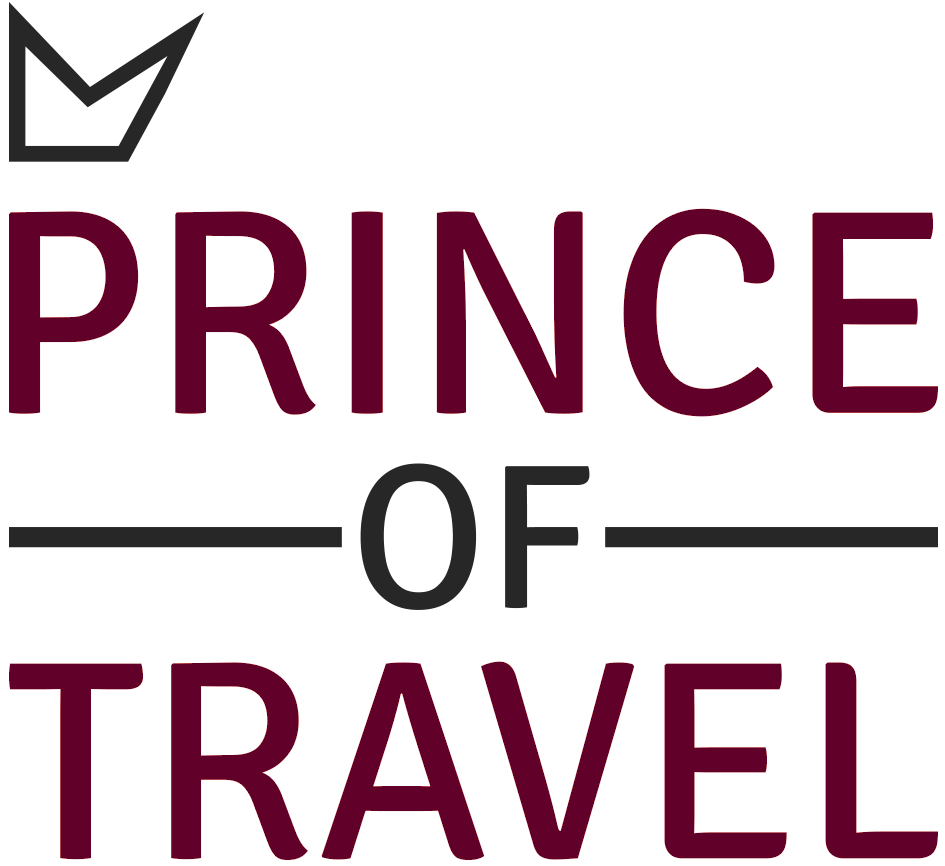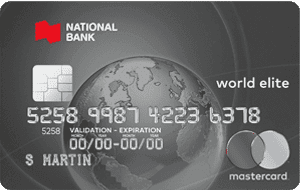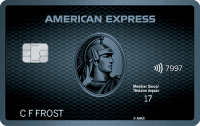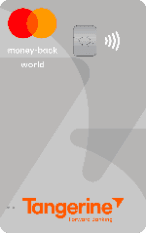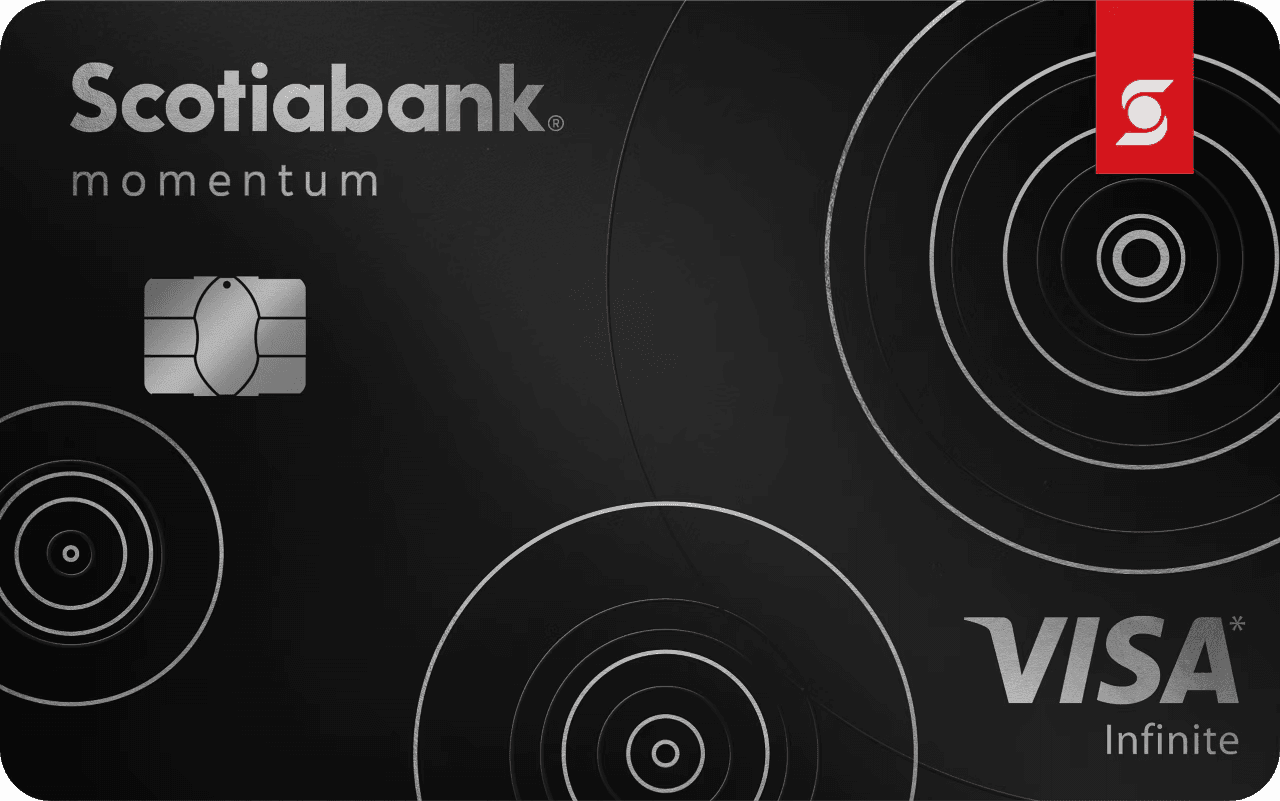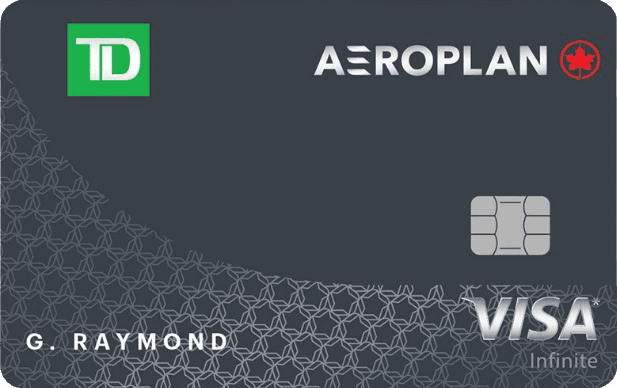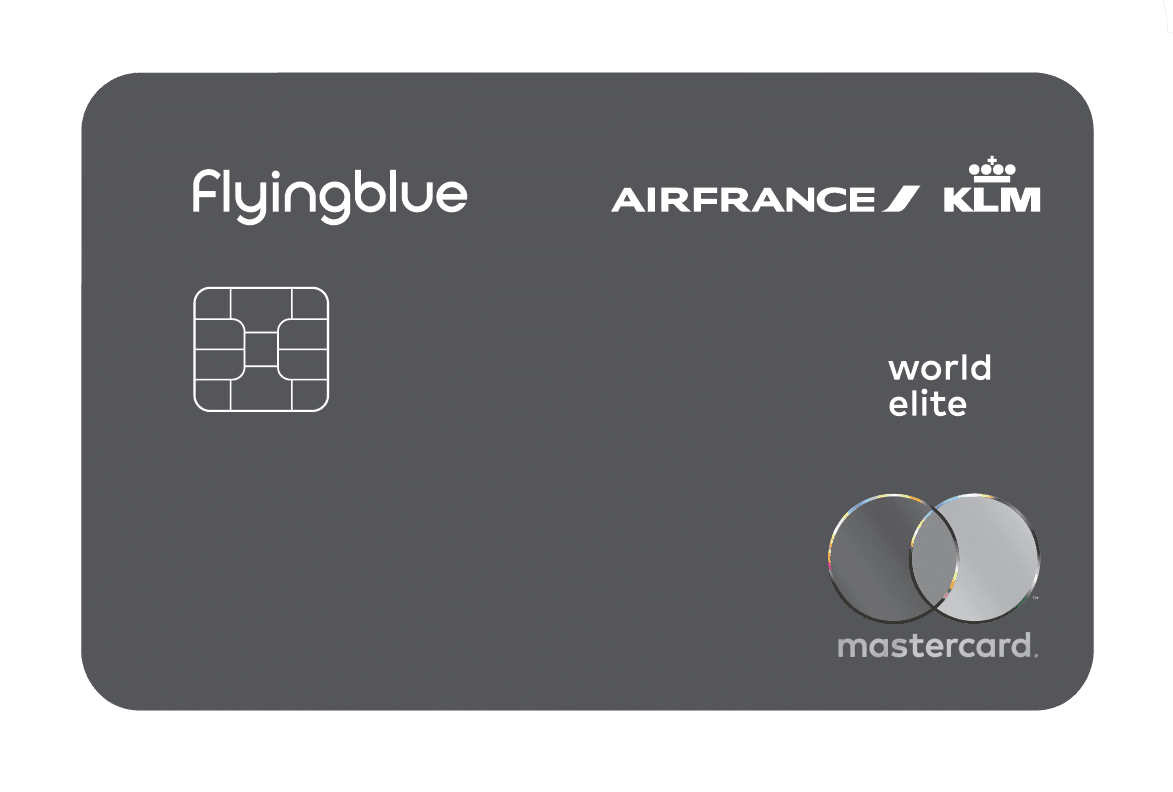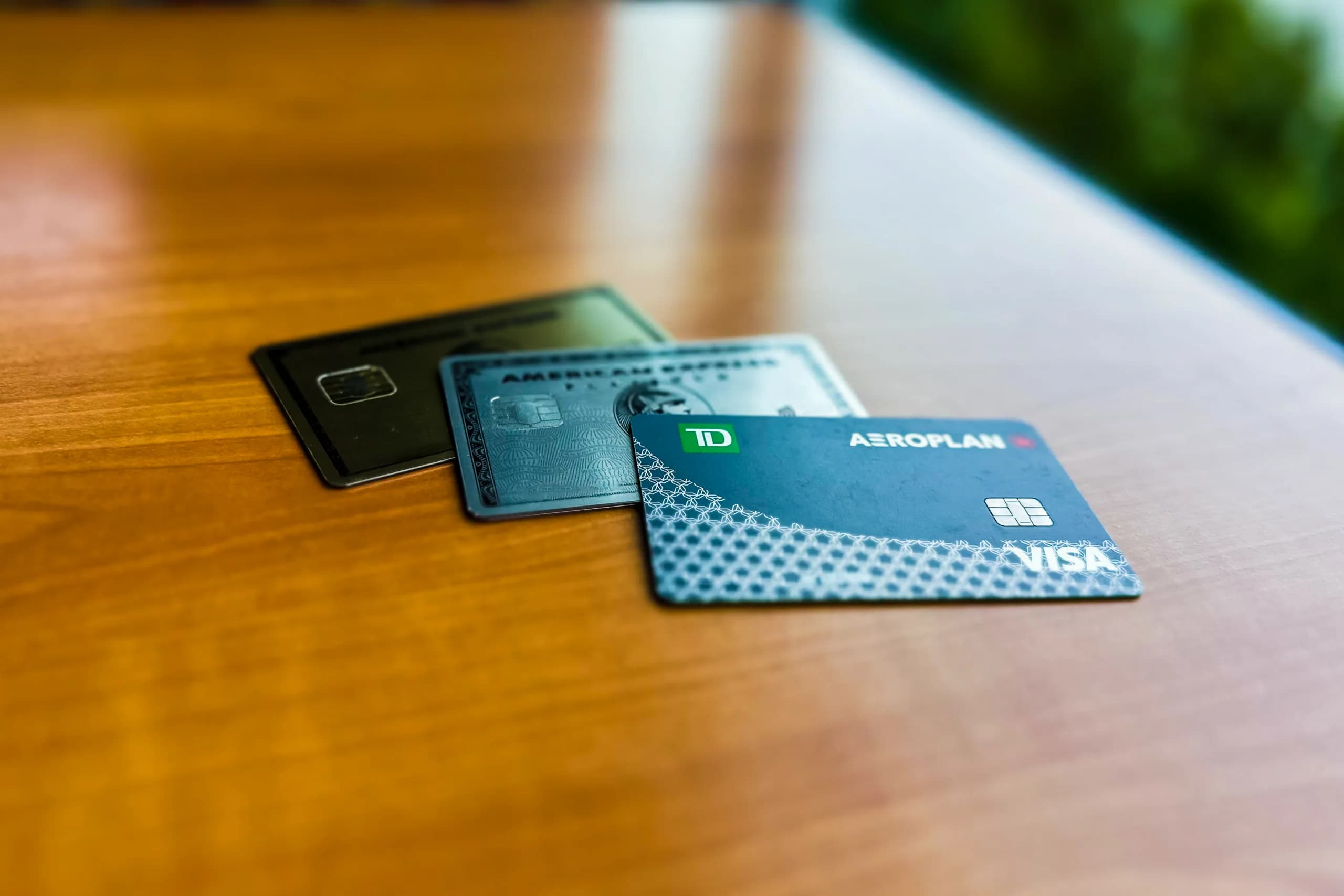Which Credit Cards Have Mobile Device Insurance?
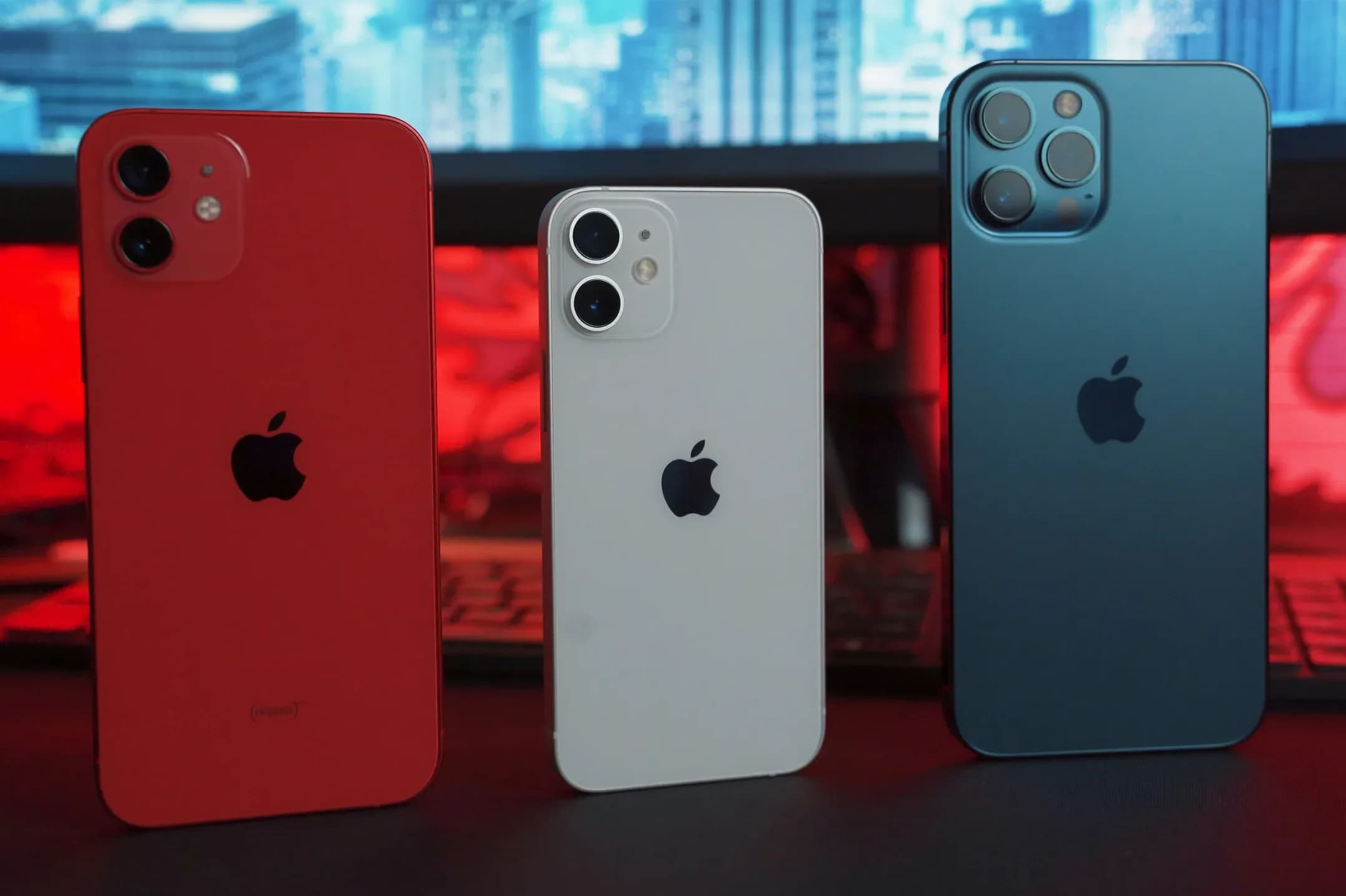
Smartphones are often one of the more expensive things you’ll own and as many of us unfortunately know, they’re way too easy to damage or lose. With them coming with us everywhere we go and living near constantly in our hands, it’s no wonder they fall or get lost.
Given these factors, getting some sort of insurance coverage for your mobile device can bring a degree of financial peace of mind.
When purchasing a new phone, many of us choose to get this insurance through the retailer or manufacturer (e.g., AppleCare+), but did you know that loads of credit cards actually offer mobile device insurance included as part of their perks and benefits package?
To help save you money on third-party insurance and possibly to save you even more money in the event of a lost or damaged device, in this article, we’ll explain mobile device insurance and which credit cards are the best choice to help protect this asset.
What Is Mobile Device Insurance?
Mobile device insurance is essentially as straightforward as it sounds: it’s insurance coverage for your mobile device (typically a cell phone) that’s provided by your credit card when you purchase or finance the device with the card.
While this coverage used to be fairly niche, it’s now being offered through credit cards more and more.
Mobile device insurance typically covers the cost of repairing or replacing your mobile device (up to a listed maximum amount) if it is accidentally damaged, lost, or stolen, which can save you a ton of money and relieve a bunch of stress if anything unfortunate occurs.

Plus, getting mobile device coverage through a credit card also means that you may not need to sign up for other third-party insurance or product protection like AppleCare+ since this is built in when you purchase the device with the right card.
Now, of course, as with any insurance policy, you’ll need to be sure to read through the documentation carefully before deciding which card to use, and you’ll want to make sure you fully understand what is and isn’t covered. You can always reach out to the insurer for questions about your specific situation if needed.
When you’re choosing the best credit card to use for mobile device insurance, you’ll want to take note of when the coverage starts relative to the purchase date as most insurance won’t kick in until at least a month after you’ve acquired the device.
You should also be aware that the insurance will cover the repair or replacement of the value of your device minus depreciation (usually between 2–3% a month) and minus a deductible (varies by card but often around $100), up to a maximum of $1,000–1,500 (all figures in CAD), depending on which card you use.
This means that if you purchased your new mobile device for $800 (taxes included) in May and then file an insurance claim with your credit card in January of the following year, the maximum reimbursement would require a calculation similar to below:
First, determine the depreciated value:
$800 – $128 (depreciation = 2% x 8 months x $800) = $672 (depreciated value)
Then, calculate the maximum reimbursement:
$672 (depreciated value) – $100 (deductible) = $572 (maximum reimbursement)
As you can see, the maximum reimbursement you’ll receive with mobile device insurance isn’t equal to original purchase value, but it’s still a solid amount and will go a long way towards a new device.
Canada’s Best Credit Cards for Mobile Device Insurance
As we mentioned above, more and more credit cards are including mobile device insurance as part of their perks and benefits package, making it easier than ever to enjoy this coverage.
In this section, we’ve listed seven of our top picks for credit cards offering insurance for your new mobile device to help you find the one that’s right for you.
Whether you’re looking for a card with no annual fee, one that earns airline loyalty points, one that earns cash back, or something else entirely, there’s almost certainly a card for you.
National Bank World Elite* Mastercard®
With the National Bank® World Elite® Mastercard®, your mobile device coverage starts 60 days after the date of purchase or, if you’re paying for your phone through a plan, it starts on the day you charge your second consecutive monthly payment to the card.
The coverage’s key details are as follows:
- Depreciation: 3% per month
- Amount Covered: up to $1,000
- Term Covered: 2 years
- Deductible: $25–100
In addition to the mobile device insurance, the National Bank World Elite* Mastercard® also offers some strong all-around travel insurance (among many other perks and benefits), and it also covers award bookings charged to the card.

Which Credit Cards Offer Insurance on Award Travel?
Read moreSo this would be a good card to choose if you’re looking for some extra travel perks like flight cancellation or trip interruption insurance, stolen or lost luggage insurance, and more.
Annual fee: $150
Earning rates
Key perks
- Airport lounge access
Annual fee: $150
Earning rates
Key perks
- Airport lounge access
American Express Cobalt® Card
The American Express Cobalt® Card is considered one of the best all-around credit cards in Canada thanks to its excellent earning rates across multiple categories.
Pleasantly, this card also offers mobile device coverage that kicks in as soon as you purchase your new device and pay for it in full or on the day of the first transaction related to the purchase of your new device if you’re financing it through your service provider.
The coverage’s key details are as follows:
- Depreciation: 2%
- Amount Covered: up to $1,000
- Term Covered: 2 years
- Deductible: 10%
Earning the transferable American Express Membership Rewards points, the Cobalt Card will help you accrue points that can be redeemed for travel, gift cards, and more, and, most valuably, that can be easily transferred to programs like Air Canada Aeroplan, British Airways Executive Club, Air France KLM Flying Blue, Marriott Bonvoy, and more.
First-year value
$336
Monthly fee: $15.99
• Earn 1,250 points per month upon spending $750 per month for 12 months
Earning rates
Key perks
- Transfer to airline and hotel partners

Monthly fee: $15.99
• Earn 1,250 points per month upon spending $750 per month for 12 months
Earning rates
Key perks
- Transfer to airline and hotel partners
RBC® Avion Visa Infinite†
The RBC® Avion Visa Infinite† is another great card to choose for mobile device insurance if you’re interested in earning a different transferable currency, Avion points. Avion points can be transferred to several popular airline loyalty programs like British Airways Executive Club, Cathay Pacific Asia Miles, American Airlines AAdvantage, and WestJet Rewards.
This card’s mobile device insurance starts 91 days after you purchase your device, with the first 90 days covered by the card’s purchase security and extended warranty insurance if it’s paid in full.†
The coverage’s key details are as follows:
- Depreciation: 2%
- Amount Covered: up to $1,500
- Term Covered: 2 years
- Deductible: 10%
Notably, this coverage is good when you purchase the device with your RBC® Avion Visa Infinite†, with Avion points, or with a combination of the card and Avion points, and this is one of the few cards that covers up to $1,500 instead of the more typical $1,000.
50,000+ travellers get this email
Weekly deals, credit card insights, and points strategies – free forever.
First-year value
$1,080
Annual fee: $120
• Earn 35,000 points on approval
• Earn 20,000 points upon spending $5,000 in the first 6 months
Earning rates
Key perks
- Transfer to BA Avios, Cathay, WestJet, AA
- DoorDash DashPass for 12 months
- Petro-Canada 3c/L savings + 20% bonus Petro-Points

Annual fee: $120
• Earn 35,000 points on approval
• Earn 20,000 points upon spending $5,000 in the first 6 months
Earning rates
Key perks
- Transfer to BA Avios, Cathay, WestJet, AA
- DoorDash DashPass for 12 months
- Petro-Canada 3c/L savings + 20% bonus Petro-Points
Tangerine World Mastercard®
If you’re looking to get mobile device insurance without having to pay an annual fee, check out the Tangerine World Mastercard®. This is a cash back card that earns between 0.5–2% cash back and typically offers a bonus cash back rate when you first sign up, which could be a great way to save a bit off the purchase price of your new device.
The mobile device coverage that comes with this card starts 30 days from the date of purchase if the device was paid in full on the card, or the date your first monthly payment is charged to your card if you’ve financed the device through a plan.
The coverage’s key details are as follows:
- Depreciation: 2%
- Amount Covered: up to $1,000
- Term Covered: 2 years
- Deductible: $25–100 (based on the cost of the device)
First-year value
$128
No annual fee
• Earn 120 points upon spending $1,500 in the first 3 months
Earning rates
Key perks
- Mobile device insurance
No annual fee
• Earn 120 points upon spending $1,500 in the first 3 months
Earning rates
Key perks
- Mobile device insurance
Scotia Momentum® Visa Infinite* Card
Since Scotiabank is the parent company for Tangerine, it’s not surprising to see their mobile device insurance for the Scotia Momentum® Visa Infinite* Card lining up similarly to that of the Tangerine World Mastercard’s above.
As above, when you use your card to purchase or finance your new device, your insurance coverage will start 30 days from the date of purchase if the device was paid in full on the card, or the date your first monthly payment is charged to your card if you’ve financed the device through a plan.
The coverage’s key details are as follows:
- Depreciation: 2%
- Amount Covered: up to $1,000
- Term Covered: 2 years
- Deductible: $25–100 (based on the cost of the device)
The Scotia Momentum® Visa Infinite* Card is a good choice for someone who is looking to earn straightforward cash back, with this card offering 4% back on recurring bill payments (like cell phone bills) and groceries. Plus, this card often offers a bonus cash back rate when you first sign up and a first-year annual fee rebate, making it a strong choice when buying a new device.
First-year value
$220
Annual fee: $120First Year Free
• Earn 0.1x bonus points on purchases (up to $2,000 spend)
Earning rates
Key perks
- Annual fee waived in the first year.
- Discounts on car rentals through partner programs.

Annual fee: $120First Year Free
• Earn 0.1x bonus points on purchases (up to $2,000 spend)
Earning rates
Key perks
- Annual fee waived in the first year.
- Discounts on car rentals through partner programs.
TD® Aeroplan® Visa Infinite* Card
For those looking for a solid way to earn Aeroplan points on everyday purchases and to also enjoy mobile device insurance, consider the TD® Aeroplan® Visa Infinite* Card. This card’s insurance coverage starts 30 days from the date of purchase or from the date the first bill is charged to the card (whichever is later).
The coverage’s key details are as follows:
- Depreciation: 2%
- Amount Covered: up to $1,000
- Term Covered: 2 years
- Deductible: $25–100 (based on the cost of the device)
This card typically offers a sizeable welcome bonus of Aeroplan points and a first-year annual fee rebate, plus some nice benefits like a free checked bag for you and up to eight companions when you fly with Air Canada and a NEXUS fee rebate, making this is a solid choice if you are looking to build up your Aeroplan stash or if you just travel often with Air Canada.
First-year value
$588
Annual fee: $139First Year Free
• Earn 10,000 points on first purchase
• Earn 15,000 points upon spending $3,000
• Earn 20,000 points on card anniversary upon spending $12,000 in the first 12 months
Earning rates
Key perks
- Free first checked bag for cardholder + up to 8 companions
- 1,000 SQC per $20,000 spend toward Aeroplan Elite Status (up to 25,000 SQC/year)
- $100 NEXUS rebate every 48 months
- 4th night free on Aeroplan hotel redemptions
- Troon Rewards Silver (10% off at 95+ golf courses)
- Avis Preferred Plus (1 car-class upgrade)

Annual fee: $139First Year Free
• Earn 10,000 points on first purchase
• Earn 15,000 points upon spending $3,000
• Earn 20,000 points on card anniversary upon spending $12,000 in the first 12 months
Earning rates
Key perks
- Free first checked bag for cardholder + up to 8 companions
- 1,000 SQC per $20,000 spend toward Aeroplan Elite Status (up to 25,000 SQC/year)
- $100 NEXUS rebate every 48 months
- 4th night free on Aeroplan hotel redemptions
- Troon Rewards Silver (10% off at 95+ golf courses)
- Avis Preferred Plus (1 car-class upgrade)
Air France KLM World Elite Mastercard®
If you often fly with Air France or KLM, or if you’d like to earn towards a European vacation, the Air France KLM World Elite Mastercard® earns Flying Blue miles on all your purchases, which you can use for some valuable award flight redemptions.
In terms of mobile device insurance, this card’s coverage starts up on the 91st day following the date of purchase of your mobile device in order to avoid overlap with the 90-day
coverage available to you under the card’s purchase security and extended protection insurance.
The coverage’s key details are as follows:
- Depreciation: 2%
- Amount Covered: up to $1,500
- Term Covered: 2 years
- Deductible: 10%
With Air France and KLM operating direct flights to their hubs in Paris and Amsterdam, respectively, from multiple major and secondary airports in Canada, and with Flying Blue redemptions having some of the lowest “starting at” redemption prices in the market, this card would be an ideal choice to get you off on your sojourn to Europe sooner rather than later.
Annual fee: $132First Year Free
Earning rates
Key perks
- 30 Flying Blue XP yearly upon renewal
- DragonPass membership (no free visits included)
Annual fee: $132First Year Free
Earning rates
Key perks
- 30 Flying Blue XP yearly upon renewal
- DragonPass membership (no free visits included)
Conclusion
Given how expensive mobile devices are (and how expensive life is in general), mobile device insurance is an easy way to provide yourself with some financial peace of mind around this important asset.
We hope this guide has helped demystify mobile device insurance and given you some ideas for which credit card’s coverage might be best for you.
As you can tell, the insurance coverage that comes with credit cards can be incredibly helpful, but it can also be quite overwhelming. If you’d like to learn more about credit card insurance and discover which coverages you may already have, check out our credit card insurance overview guide!
† Terms and conditions apply. Please refer to the card issuer’s website for up-to-date information.
Annual fee: $132First Year Free
Earning rates
Key perks
- 30 Flying Blue XP yearly upon renewal
- DragonPass membership (no free visits included)
Annual fee: $132First Year Free
Earning rates
Key perks
- 30 Flying Blue XP yearly upon renewal
- DragonPass membership (no free visits included)
